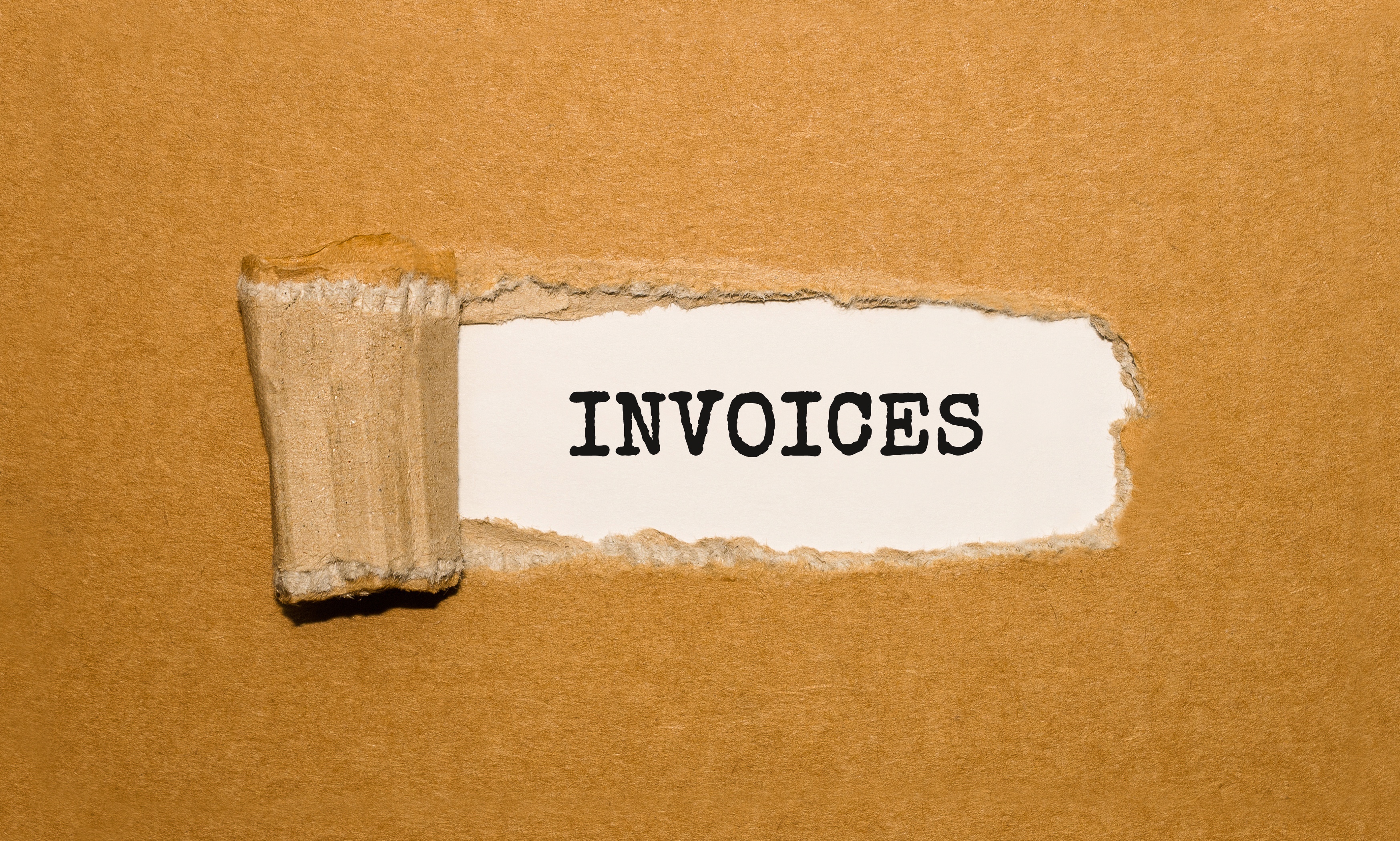Delayed payments are frustrating to accounting and business owners. Following up with a client, your accounts receivable department may be told that payment has already been sent. Was it sent via snail mail? Has the check been received and but not entered into the books? Or has payment been made electronically and not been matched to the correct invoice?
Recent Posts
A recent global study revealed that American businesses get their invoices paid in an average of 23.5 days compared to businesses around the world. Small to medium businesses in Canada, the Czech Republic, Germany, Hong Kong, France, Ireland, the Netherlands, the UK, Singapore, and Poland were also surveyed. Business invoices in France and Singapore were paid on average in 45 days. Comparatively, these figures are positive but late payments are still a problem in the United States.
What challenges are U.S. small to medium businesses facing when attempting to get their invoices paid faster?
Is your business feeling random pains in unexpected places? Are you experiencing struggle in your organization where there should be ease? You may have unwittingly given over the magic power to damage your business. Like handing a voodoo doll to your clients, a lack of on-time payments can cause discomfort and suffering.
Here's where your clients are "sticking it to you" and how to make it stop.
Trying to find the best collections agency for your business can be a challenge. It would be nice if your business clients would pay on-time for the services or products you've already supplied. The relationships with those clients are still important and you don't want to break those ties with a court battle.
What is the best commercial collection agency for your corporate accounting needs?
Consider a typical cash collection cycle timeline:
- After a sale, an invoice is generated within a few days.
- The invoice delivery time could be another 1 to 3 days depending on the delivery method.
- An average invoice due date is 30 days.
- Payments by check and mail could take another 3 - 5 days.
If there are no glitches in the process, it may take more than 30 days to collect on a sale. If there is pushback on an invoice or the client isn't paying on time, the cash collection cycle could affect your business' cash flow, your ability to pay your own bills on time, including employees, and potentially damage the credit-worthiness of your own business. While shortening the collections process is ideal, increasing cash collections is also helpful.
Small business owners, we recognize you have a lot to do. Starting a new business or growing a small one means that there's a lot of action occurring all at once. When too much happens too quickly, there simply may not be time to stay organized. A back office necessity, that is crucial to your business, is organized accounting and bookkeeping.
At a minimum, here's what you can do to organize your small business accounting.
Nearly every business will struggle with cash flow problems at some point or another. The challenge is when your client's cash flow struggles affect your business' cash flow. You do have options to deal with slow-paying clients including collections, writing off their accounts, or even firing them as a client. If you're stuck trying to decide what to do next, have you considered how late paying clients put your business at risk?
When you sign an agreement with a new client, the assumption is that they will hold up their end of the bargain and pay their invoices. Unfortunately, things don't always go as planned. If your client isn't paying, there are steps to take, before going to court, that could save the time and resources of litigation.
To increase your chances of getting paid, follow the steps below.
The definition of working capital, in accounting terms, is the difference between your business' current assets and current liabilities. Investors and business analysts will use this as a balance sheet measurement of overall liquidity or financial health of the company. When an organization has enough working capital, they are able to easily pay short term expenses and liabilities and maintain daily operations.
When your business' cash flow is tied up in accounts receivable, what are your options? If you have enough working capital, you may be able to wait for 30 - 90 days for payments to come in. If not, you may need to get your hands on some of that capital immediately. Depending on timing, accounts receivable factoring vs. accounts receivable collections may be better.
When should your business use factoring? When is a collection agency the best option?














